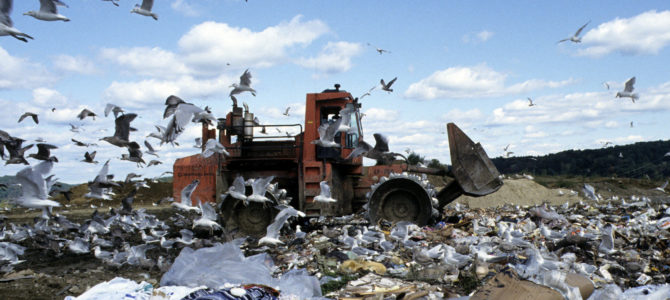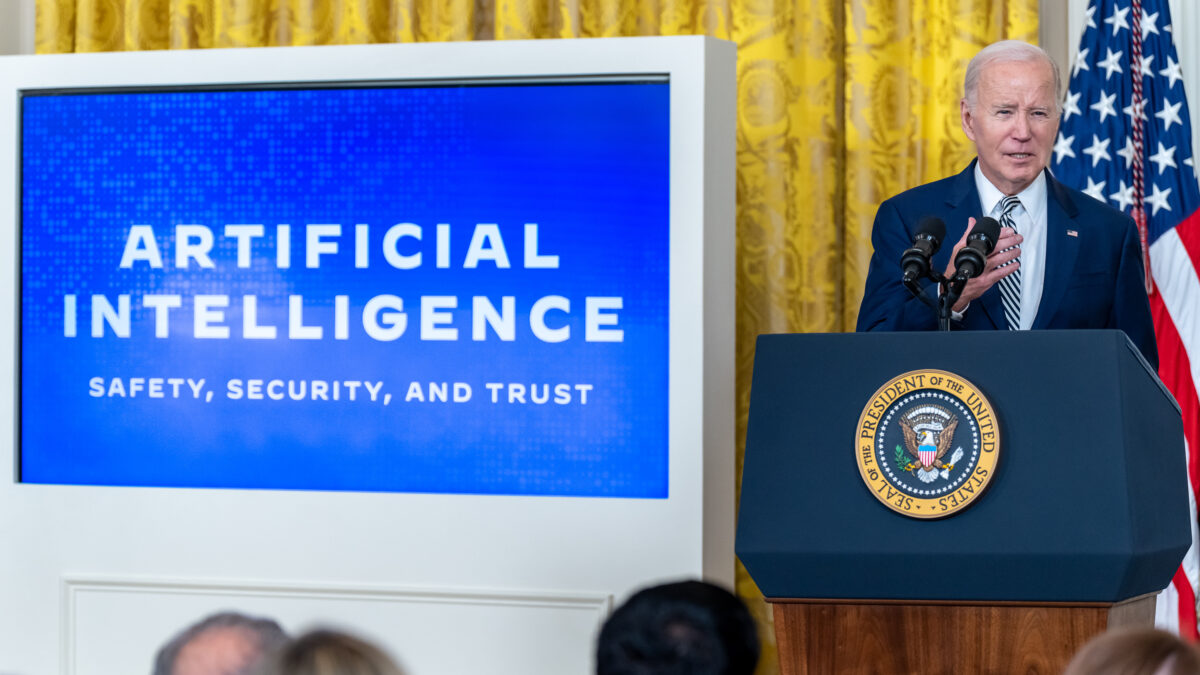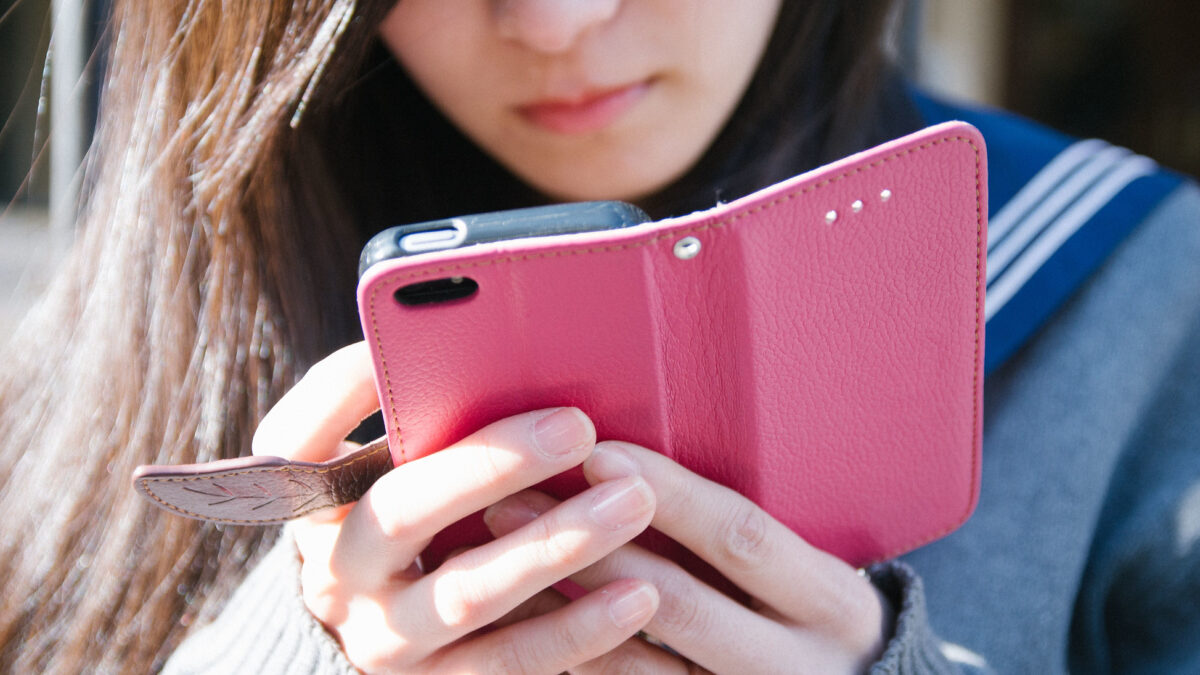
The left’s focus on climate change has in recent years made American diets and meat consumption a touchstone at the intersection of politics and culture. From comments by Rep. Alexandria Ocasio-Cortez, D-N.Y., about bovine flatulence to questions about how the Biden administration’s climate targets will affect the agricultural sector, food has become the latest battlefront in America’s culture wars.
But one app demonstrates how innovation, entrepreneurship, and, yes, profit can make a positive impact — without the onerous burdens and perverse incentives that often accompany government’s heavy hand. Conservatives can and should embrace these types of solutions as far preferable alternatives to big-government programs like the Green New Deal.
An Epidemic of Food Waste
The federal Department of Agriculture estimates that the United States wastes as much as 40 percent of the food it produces. In 2010, food waste totaled approximately 133 billion pounds — or roughly 432 pounds for every man, woman, and child that year — costing $161 billion.
Much of this food waste comes from restaurants. While dining establishments can easily donate some foodstuffs to soup kitchens and food banks — breads, produce, and the like — dishes that restaurants prepare but never serve become tougher to donate. Perhaps for this reason, a 2014 survey found that restaurants donated or recycled fewer than one in six pounds of food waste (15.7 percent), with the rest being thrown away.
App Provides a Solution
The TooGoodToGo app looks to help solve this problem, matching unused meals with interested consumers, much as Uber and Lyft have done for ridesharing. Originally founded in Denmark in 2015, the app quickly expanded within Europe, and now provides meals in eight U.S. markets: Boston, Jersey City, New York, Philadelphia, Portland, San Francisco, Seattle, and Washington, D.C.
The app offers “surprise bags” of leftover meals, baked goods, or groceries, generally priced at $4.99 or $5.99. Customers reserve and pay for their food in advance through the app, and upon arriving at the restaurant at the designated time, swipe to confirm delivery.
TooGoodToGo charges establishments $1.79 for each purchase — a large percentage of an order amounting to $5 or $6. But, as with all goods that have a finite expiration date, any revenue beats nothing. One San Francisco owner admitted that “even if it’s just one bag we sell and the actual amount we get … is nominal, it’s better than nothing and it’s better than anything going in a landfill.” Moreover, if this model takes off, new entrants into the field could help bring down transaction costs for businesses.
Generous Portions, Good Value
Having read about the app, I tried TooGoodToGo at two locations near my home in Washington, D.C. At the first restaurant, a Mexican establishment, my $4.99 “surprise bag” included a large helping of chicken fajitas (but with rice instead of the traditional tortillas), a container of black beans, a portion of chips with a container of salsa, and some fried plantains for dessert.
The next day I reserved another $4.99 “surprise bag” from a nearby bakery containing a savory mushroom-and-cheese pastry, an apple Danish, and two large iced cinnamon rolls.
The generous portions allowed me to easily stretch the contents into multiple meals. Having had my fill from the fajitas and plantains the first night, I saved most of the rice and beans and tortilla chips and turned them into a second night’s dinner with the savory pastry.
My $10 in spending on the two bags yielded two dinners and several snacks. I got incredible value for my money, and sampled food from restaurants in my neighborhood that I haven’t frequented — all while saving food from ending up in a landfill.
Doing Well and Doing Good
Just because conservatives don’t support heavy-handed government regulations as the “solution” to all society’s problems doesn’t mean they shouldn’t act to help the planet. Taking action on issues like reducing food waste comports with both the political philosophy of conserving resources and the moral and religious principle of stewardship of God’s creation.
In this vein, TooGoodToGo does well for its investors and customers by doing good, using creative solutions to help solve a longstanding problem. Granted, the “surprise bag” model probably wouldn’t work well for individuals with major food allergies or other dietary restrictions. But for everyone else, this app provides a shining example of innovators working to provide valuable products in the marketplace — and making the world a better place in the process.









